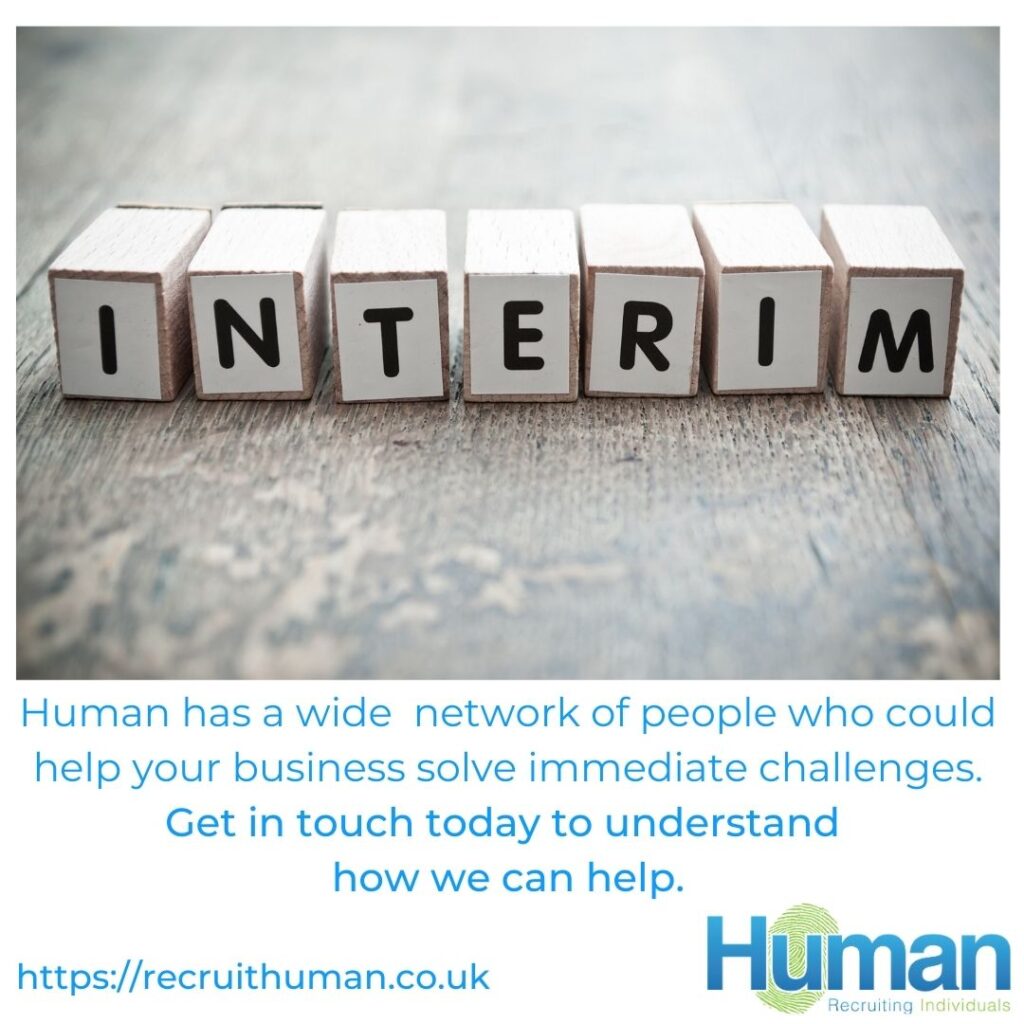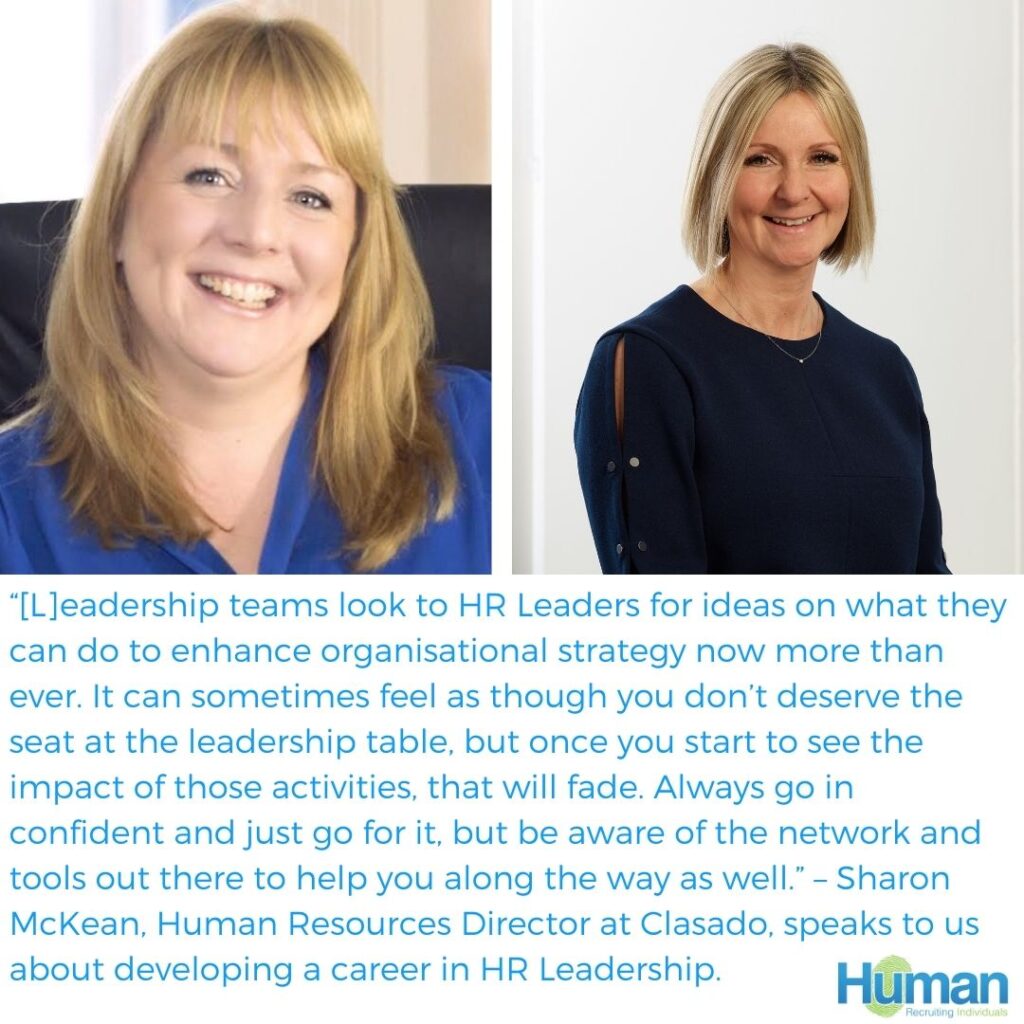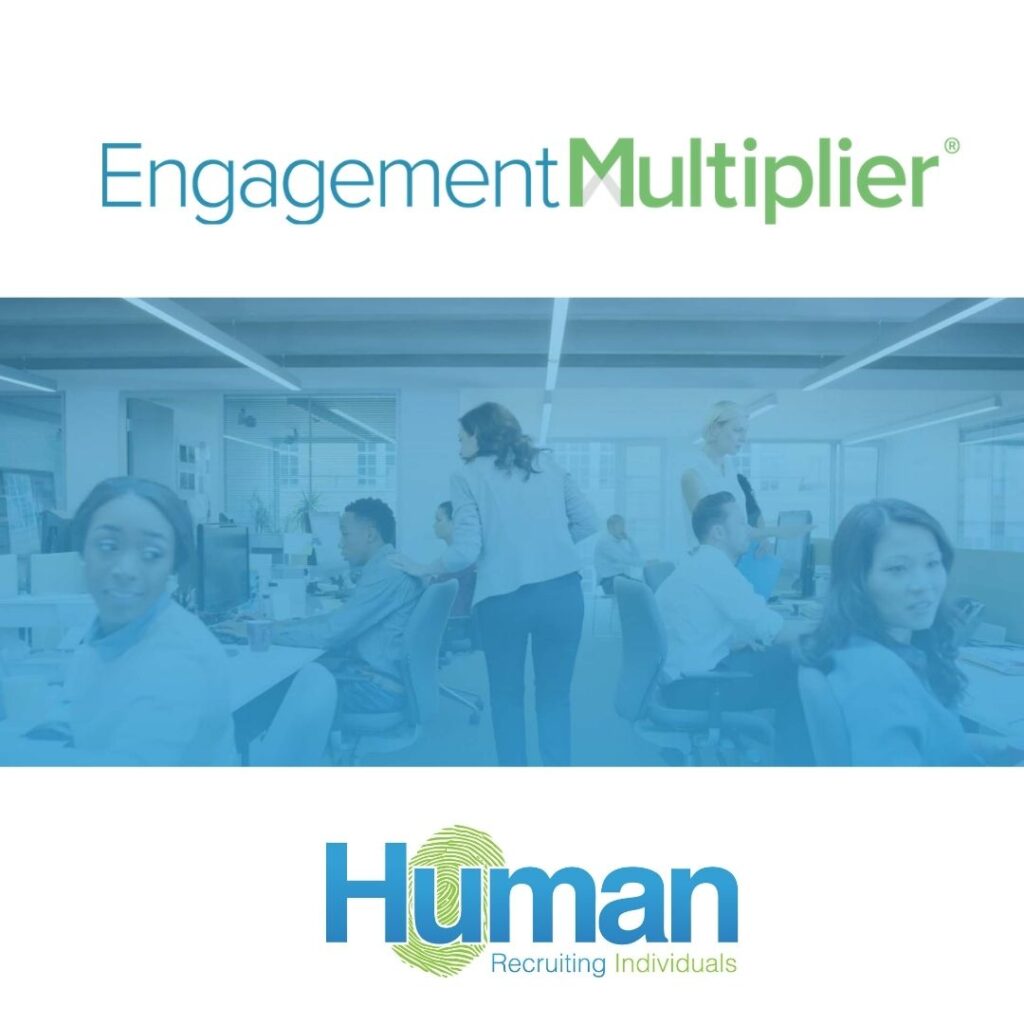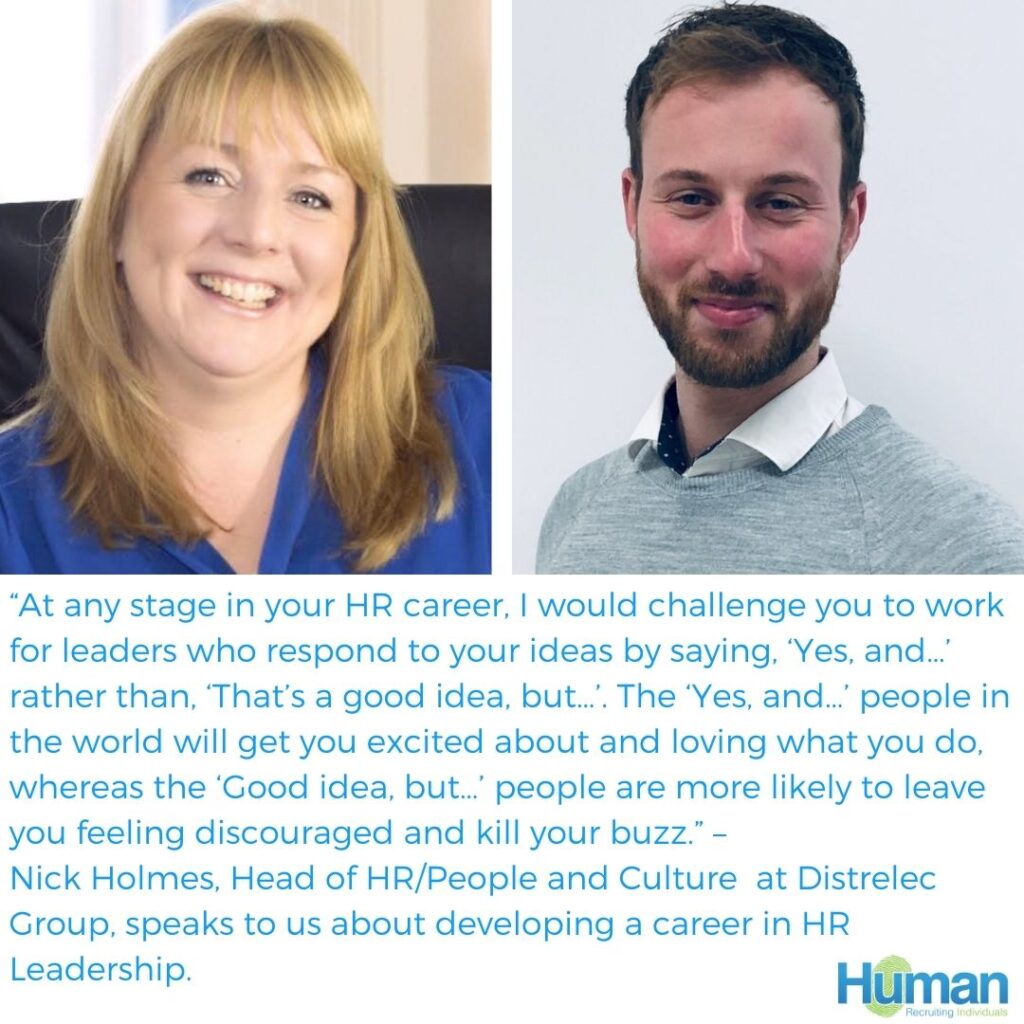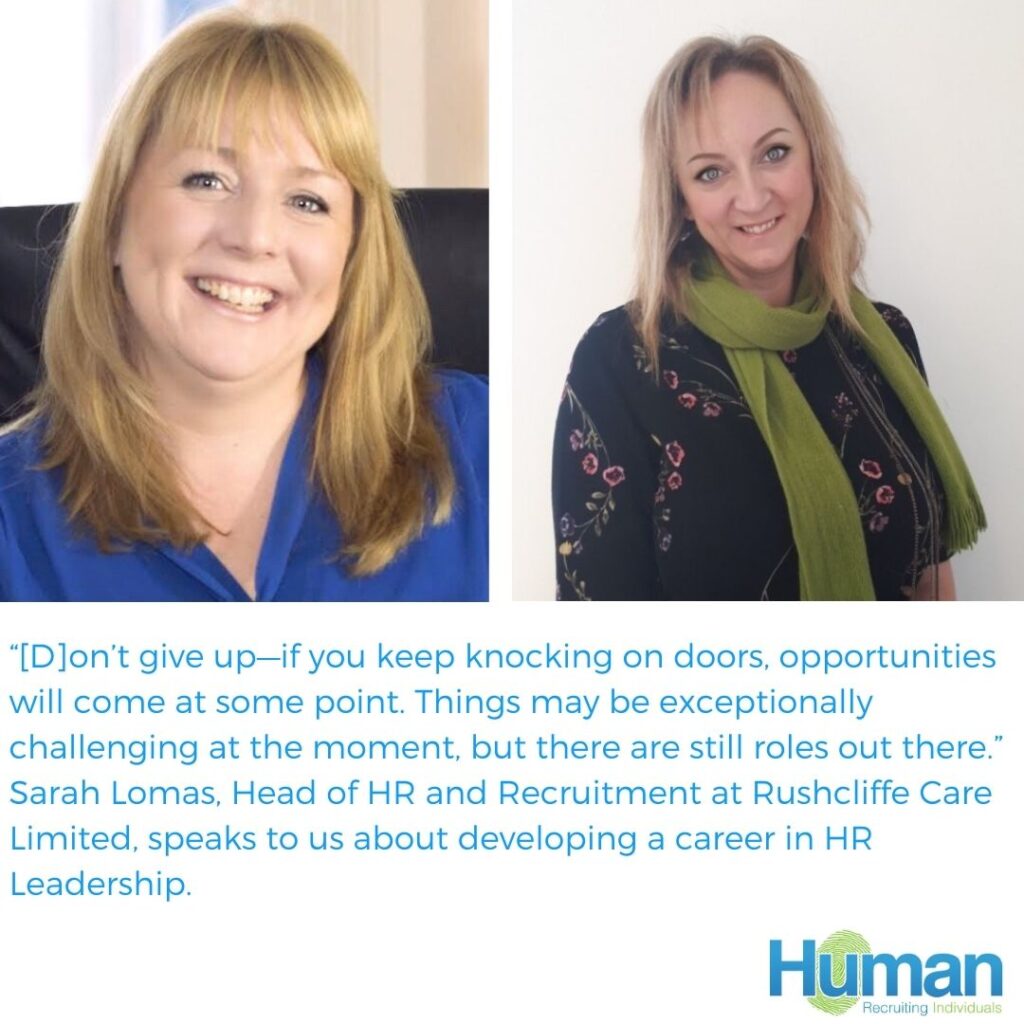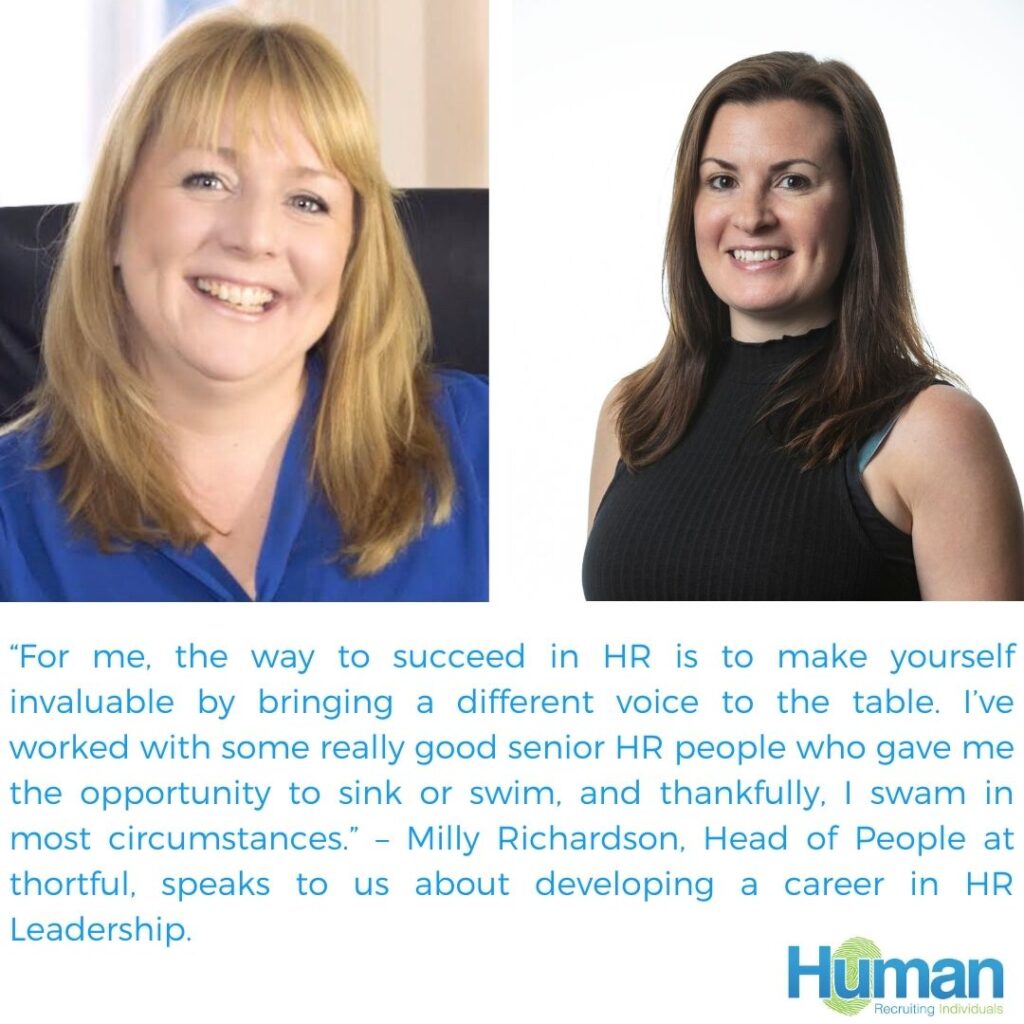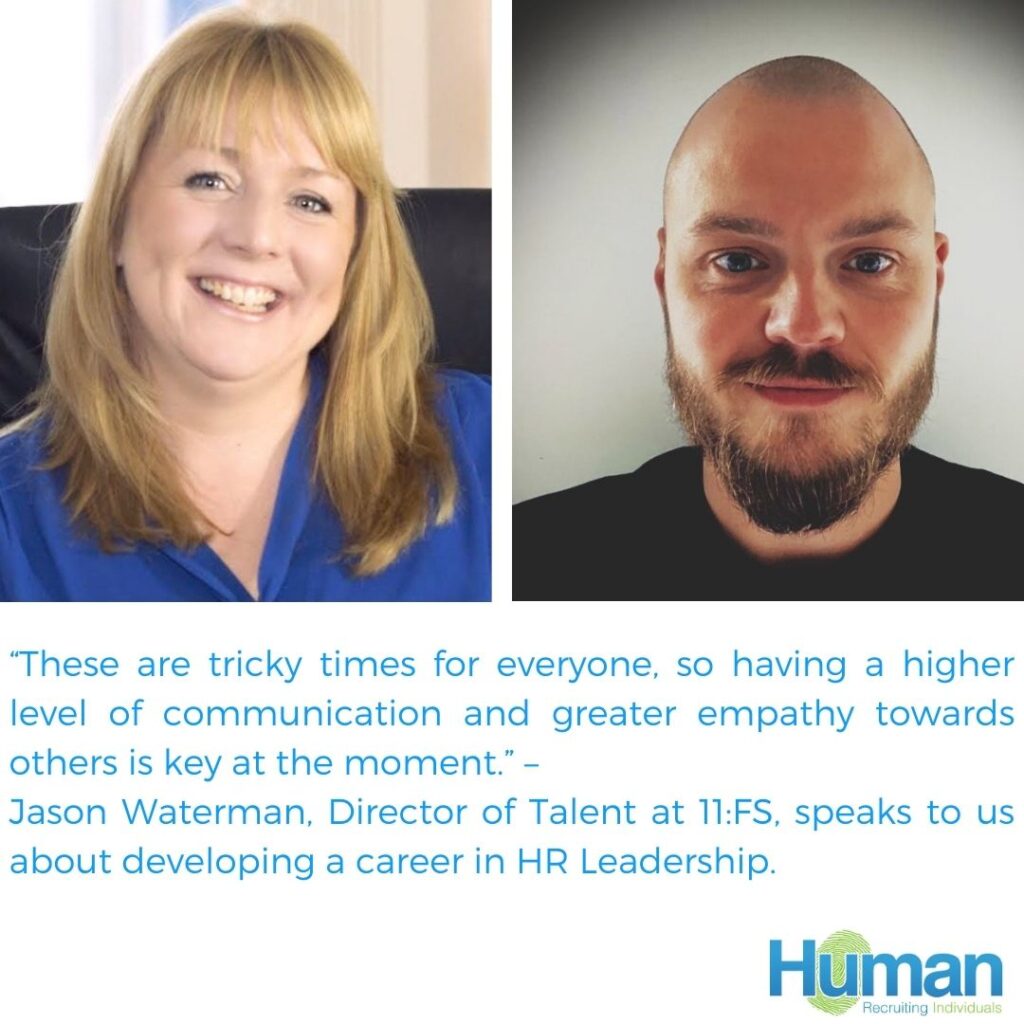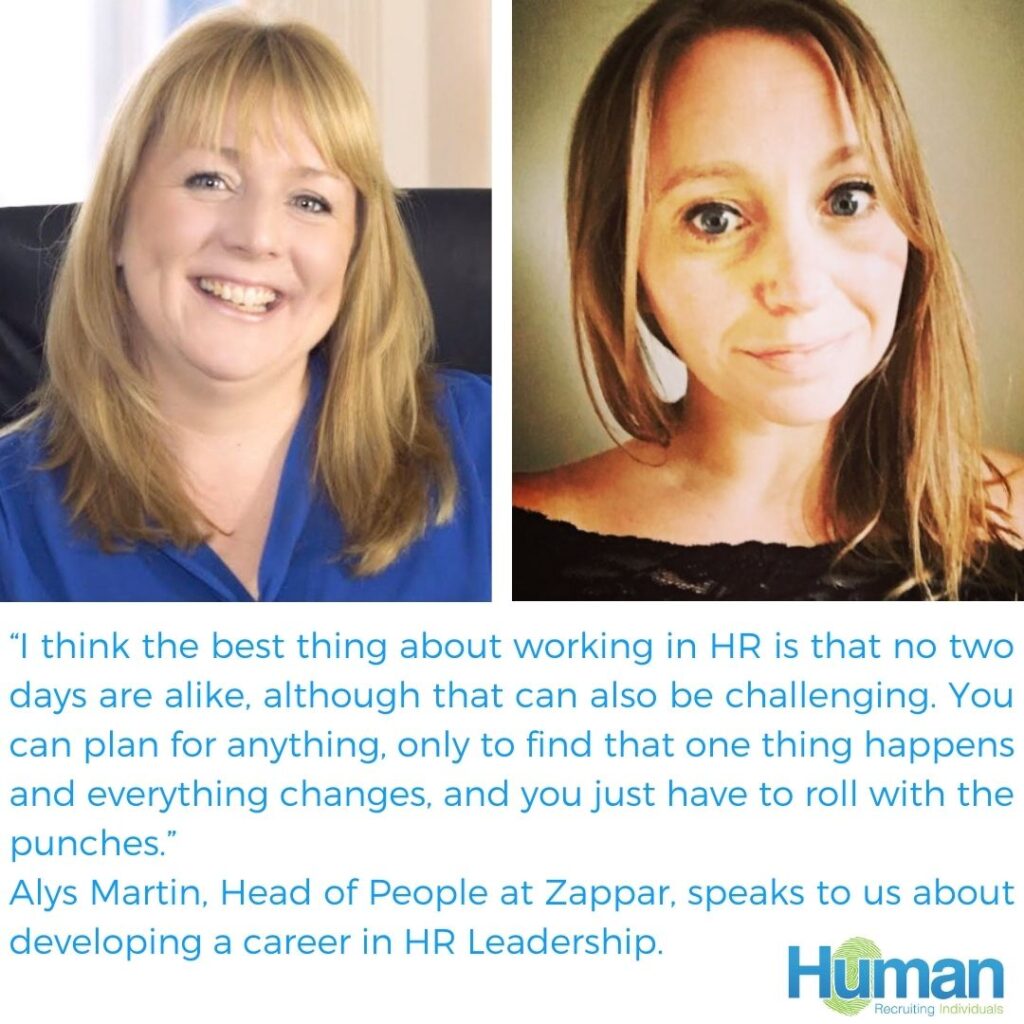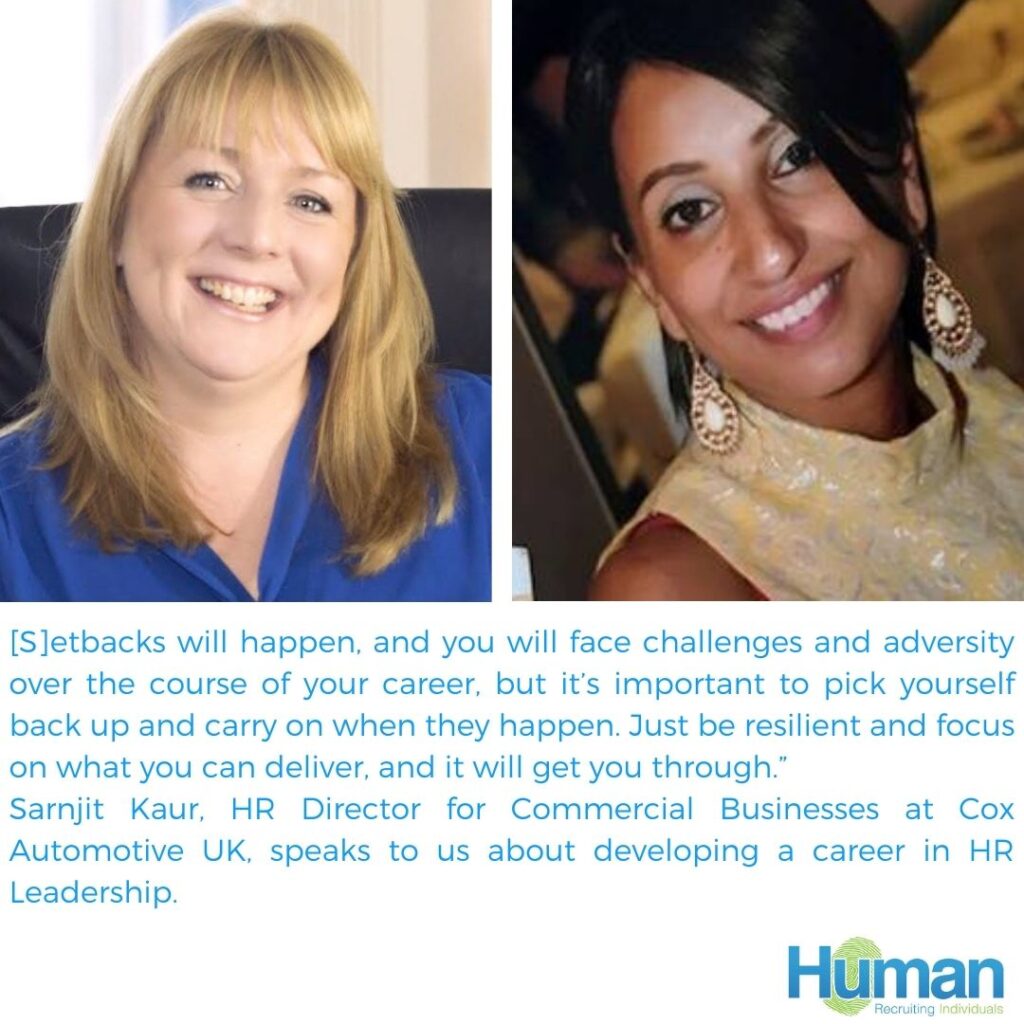“At any stage in your HR career, I would challenge you to work for leaders who respond to your ideas by saying, ‘Yes, and…’ rather than, ‘That’s a good idea, but…’. The ‘Yes, and…’ people in the world will get you excited about and loving what you do, whereas the ‘Good idea, but…’ people are more likely to leave you feeling discouraged and kill your buzz.” – Nick Holmes, Head of HR/People and Culture at Distrelec Group, speaks to us about developing a career in HR Leadership. As part of our commitment to supporting candidates to develop fulfilling careers, we’ve invited some HR Leaders to share the secrets of their success. This week, we had a great conversation with Nick Holmes at Distrelec, who began his People career as Senior Site Manager at Magic Memories, later ascending the ranks within the business as Regional Training Manager for Europe & the Middle East and Global Head of Learning & Development respectively. In February 2019, Nick transitioned to his current role at Distrelec. Can you tell us how you got into HR and why? I actually started my working life as an actor, as that was what my degree was in, but I also sold photographs for Magic Memories at London Aquarium while searching for roles. I found that not only was I quite good at it, but I enjoyed making money and building teams while doing it. By the age of 22, I had my own team of 25 people at London Aquarium. Once I reached that point, I approached the UK Operations Director about teaching other people to do what I had done so we could make more money. He agreed, and without having any prior background in Learning & Development to draw on, I built a training programme and delivered it across our UK sites. The business eventually asked me to go and open a new store in San Francisco and train the staff there, which I loved. I was still pursuing my acting career at the time, and not long afterwards, my agent told me they’d secured me an audition. As I was travelling abroad so much with Magic Memories, I knew I needed to make a decision about which path to take. I loved both careers, but ultimately decided to pursue my Training career more seriously and see where it went. I then approached the business about becoming the Regional Training Manager for Europe & the Middle East. I’d built up my credibility and their trust by that point, so they agreed, and I went into the role. I knew I needed some formal education to inform it, so I went and got my CIPD qualification and tried to build up my understanding of some fundamental HR stuff. I also spent every evening and weekend reading and learning things around L&D, which was incredibly useful. After two years, I progressed to Head of Learning & Development, which was a widespread role covering about 200,000 employees across 12 countries. It made me realise that although I loved L&D, I could have more impact in a wider generalist HR role where I was not just taking on learning, but the entire People life cycle. I was lucky enough to land a role with Distrelec that did just that, and moved there in February 2019 to take on the entire HR function. In March 2020, Distrelec were bought by a private equity firm, which has allowed us to start our HR operations from scratch, taking action much more freely than before. It’s been a wonderful change. I’m also currently doing a Masters in Employment Law at the University of Leicester in order to bridge a skills gap and follow an interest that I uncovered during my CIPD. It’s challenging me intellectually, aiding my self-improvement, and I’m having a lot of fun with it as well. A lot of people fall into HR, but I definitely chose this path. For me, it’s the only role aside from CEO or COO where you can actually impact the entire organisation, as well as all your customers, everyone who they serve, and the families that your people go home to every day. The interventions and practices we put in place directly impact how everyone feels about what we do, and as Head of HR or Head of People, you can really influence how people live their lives on a daily basis—how they feel when they come to work, when they leave work, and when they leave the business altogether. The HR sector fixates on retention, but I think that as long as people leave loving what they’ve seen and been experienced—whether that’s after four days, four weeks, or four years—I’ve done my job. It’s not always easy, but I’m really lucky to be doing what I’m doing at the moment. Very rarely do you get the opportunity in HR to reset and rebuild everything, from designing brand new organisational values to revamping culture and removing old systems to replace them with something faster and sleeker. Can you tell me about the key themes and challenges that you’re seeing across the HR sector? As I mentioned previously, a key theme for Distrelec since the private equity acquisition has been resetting our expectations and processes. We’re redesigning the tools we use, removing our old legacy systems and implementing new ones, and working out how to boost our employee brand and find a way of attracting talent that overcomes the fact that we’re a European distributor with limited prevalence in the UK. In order to do that, we’re on a journey to reinvent our employee experience from head to toe as we move forward into 2021. With that comes making sure we’re able to drive change across the whole organisation. If you walk into our Manchester offices, it feels like you’re walking into a start-up, but we also have a lot of legacy hangover in our culture at the moment. That means that no-one feels

